Product Description
Since the age of eighteen, Professor Tony Futerman has been part of the academic world – First as an undergraduate student of biochemistry in England, then as a PhD student studying neurobiology in Israel, next as a postdoctoral fellow in the USA, and subsequently for three decades as a faculty member in one of Israel’s institutes of higher education. During this time, Professor Futerman has researched the cell biology of lipids and human genetic diseases that involve defective lipid metabolism. But as a Messianic Jew, that is to say, a Jew who believes in both the Old and New Testaments, has Professor Futerman been wasting his time? Is there really any intrinsic value in academic study of biochemistry and cell biology? In this, his third short book, Professor Futerman persuasively argues that using one’s mind and intellectual faculties to study art, nature and the universe is a valid way to enhance our understanding of the character and nature of the creator God. Thus, Professor Futerman encourages Messianic believers to value the important contribution of academia in enriching the Messianic community, and encourages us to learn how to love God with our minds.
Thank you for reading this post, don't forget to subscribe!
PREFACE
At the heart of the discussion in this short book is the impression that we live in an age where, at least in some religious and faith-based communities, academic or secular studies are considered of far less value than they once were. In the pages that follow, I will endeavour to address this issue by trying to show that higher education, or academic study for the sake of academic study, or research for the sake of research, is of inherent value in and of itself, not least among those who profess a religious faith or experience. I will argue that we are actually commanded to use our God-given minds to investigate the nature and order of the universe, to investigate the complexities of life, and to express our creative talents in the arts, music and culture. Moreover, I will argue that this approach is entirely consistent with the injunctions of the Old and New Testaments.
This book is written from my own personal, and somewhat unique perspective, that of a Messianic Jew who lives in Israel and is an active research scientist. I define a Messianic Jew as someone from a Jewish heritage and culture who has made a conscious decision to believe in the God of the Old and New Testaments, while maintaining his or her Jewish identity and ethnicity. However, not only am I a Messianic Jew, but I am an academic, working for close to three decades in one of Israel’s institutes of higher education in the field of biochemistry. I have seen first-hand how the esteem in which secular education was once held has plummeted, not only in Israeli society, but also amongst Messianic Jews. This saddens me, since education, not least secular education, has always played such a vital and dynamic role in the heritage of the Jewish people over the millennia, and should, I believe, play a similar role in Messianic Jewish circles and also among those outside Israel who trust in
6 Love The Lord Your God With All Your Mind
the God of Israel and in the Messiah revealed in the New Testament.
Although the examples I give, and the background to this book are grounded in my own personal experiences, I trust that the thoughts that I share might also be of interest to a broader audience. After all, it is not only in Israel that an anti-intellectual attitude permeates thought and society1. As R.C. Sproul, an American theologian stated some years ago, ‘we live in what may be the most anti-intellectual period in the history of Western civilization’2.
It is my hope that the deliberations that follow will help those who believe in the Old and New Testaments not to fall into the trap of anti-intellectualism. I also trust that these considerations will encourage us to use our God-given abilities in such a way that we learn more and more how to love the Lord our God with our minds.



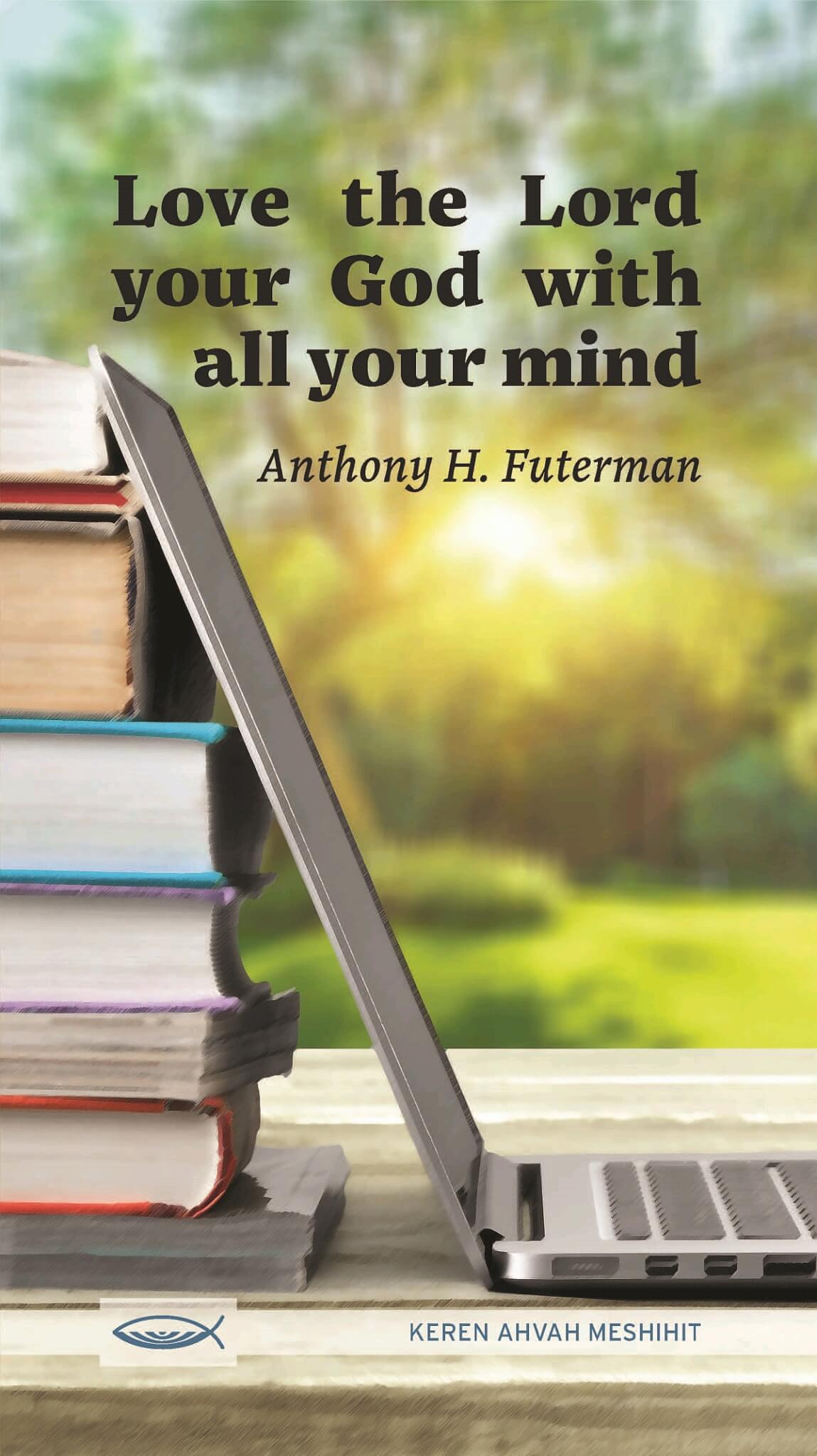
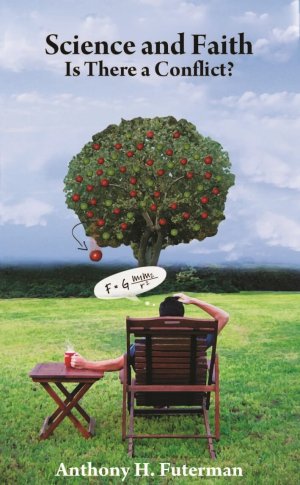
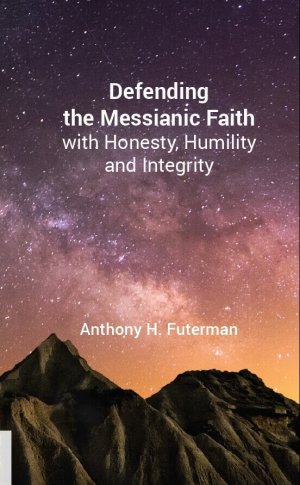

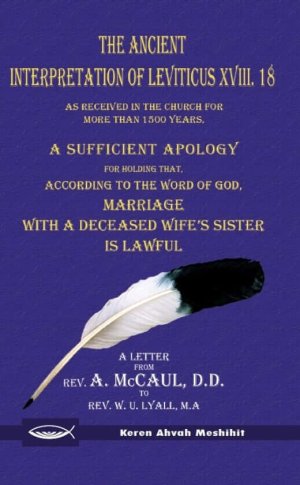
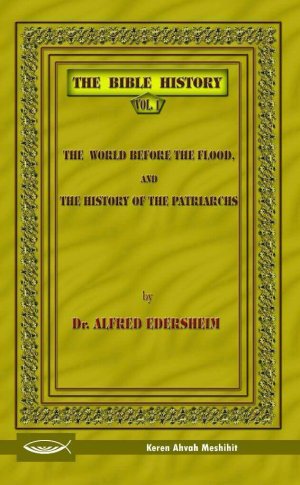
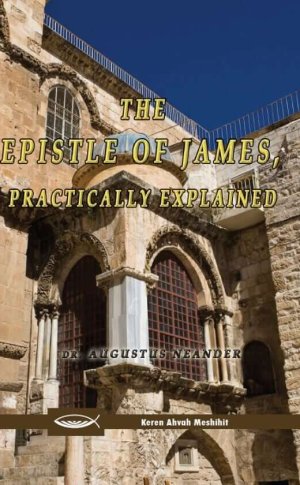
Reviews
There are no reviews yet.